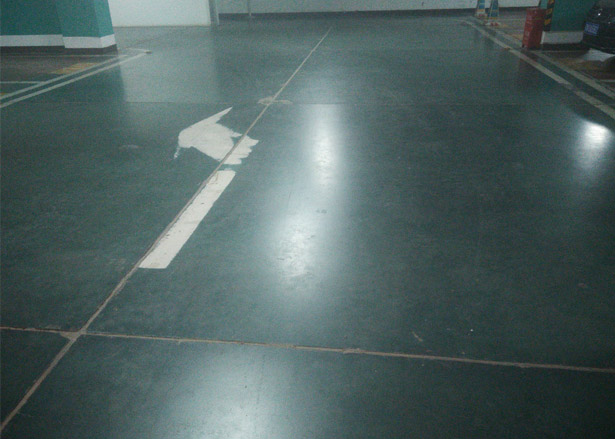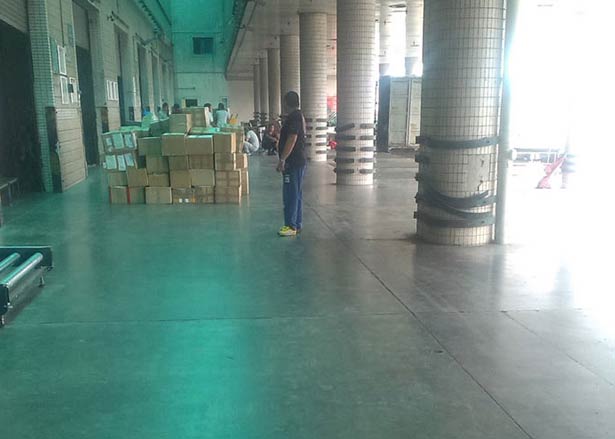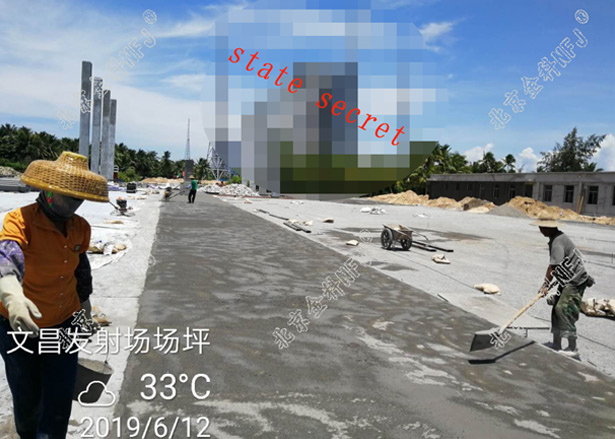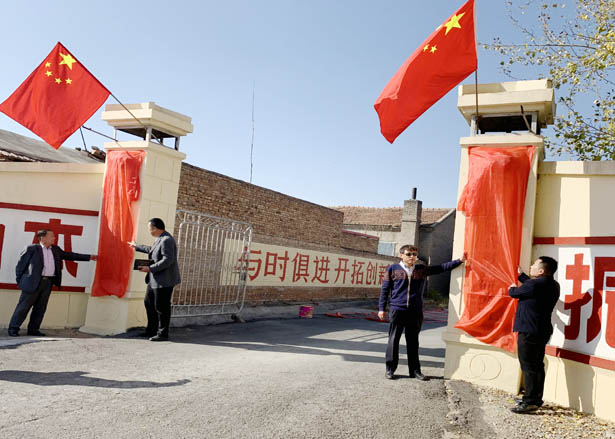Porous ceramic metal catalyst supports have emerged as crucial components in advanced catalytic systems, significantly enhancing the effectiveness and efficiency of various chemical reactions. These innovative materials combine the superior mechanical and thermal stability of ceramics with the exceptional catalytic properties of metals, creating a synergistic platform that is particularly valuable in applications such as automotive exhaust treatment, chemical manufacturing, and renewable energy production.
The primary function of a catalyst support is to provide a stable substrate for the active catalytic species while enhancing their dispersion and accessibility. Porous ceramics offer an extensive surface area, which is essential for maximizing the contact between reactants and catalysts. The highly organized pore structures of these materials not only facilitate the transport of gases and liquids but also contribute to efficient mass transfer, thereby improving the overall reaction kinetics. This is particularly critical in high-temperature and high-pressure environments where traditional supports may fail to perform adequately.
Moreover, the use of metal particles, often noble metals like platinum, palladium, or rhodium, on these porous ceramic supports leads to improved catalytic activity. The metal's ability to facilitate electron transfer and enhance chemical reactions is complemented by the ceramic's heat resistance and mechanical strength. This combination results in a robust structure that withstands harsh operational conditions, extending the catalyst's lifespan and reducing the need for frequent replacements.
The synthesis of porous ceramic metal catalyst supports typically involves advanced processes such as sol-gel methods, foam replication, or 3D printing techniques. These methods allow for precise control over the pore size, distribution, and loading of metal particles, which are crucial parameters influencing catalytic performance. Recent research has showcased the potential for optimizing these materials further by incorporating dopants or modifiers that enhance their properties, thus enabling greater selectivity for specific reactions.
As sustainability becomes a pressing global challenge, the role of these catalyst supports is more pertinent than ever. They contribute to the development of cleaner technologies by enabling more efficient catalytic processes that minimize waste and energy consumption. Furthermore, the adaptability of these materials allows for their application across a range of industries, including petrochemicals, pharmaceuticals, and environmental remediation.
In conclusion, porous ceramic metal catalyst supports represent a significant advancement in catalytic technology, offering enhanced performance, durability, and versatility. Their ongoing development holds promise for driving innovations in chemical processes, promoting sustainability, and addressing the growing demand for efficient energy solutions.
Show More >>
PRODUCTS
You are welcome to contact us at any time, please write the message here and we will reply you in 24 houre. thanks foryour support.
NEWS
May.22, 2019



